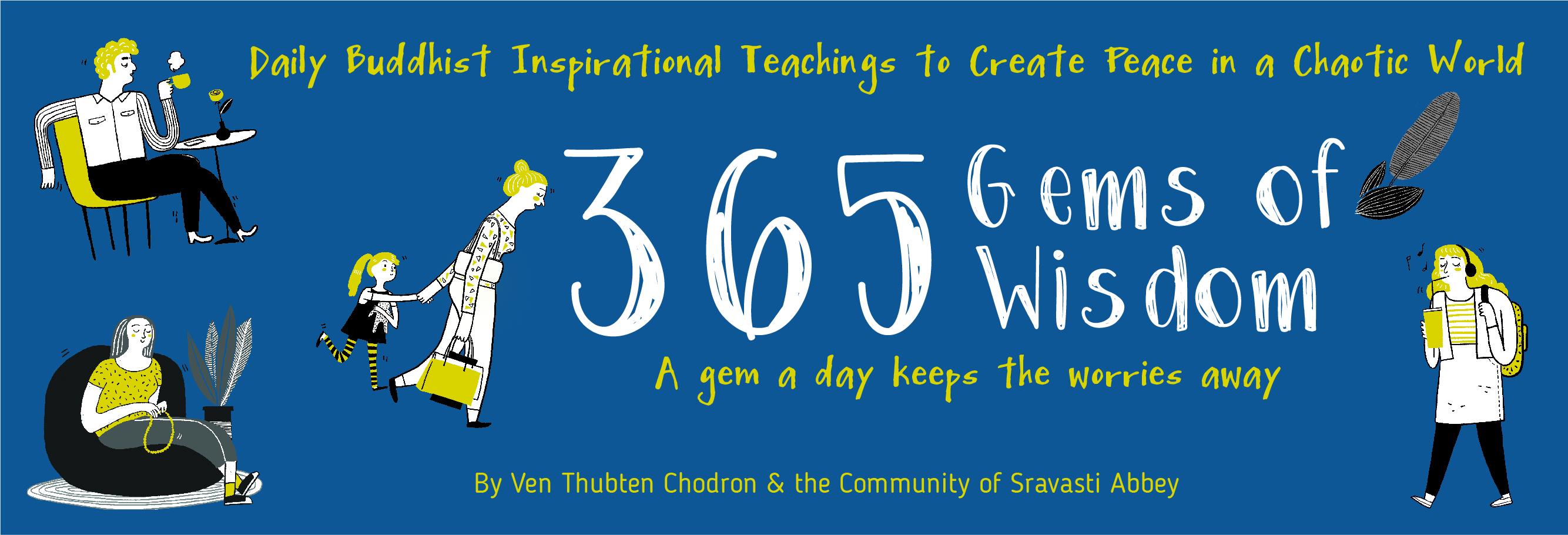November 7 : The Challenge of Forgiveness
I have been working on this manuscript and there have been challenges all along with the editors from the publishing house. When I suggested having forgiveness for people who have abused us, they did not like it. In thinking about it, it made me very sad, because the tone coming through the comments was, “This is not suitable. There is too much sexual abuse. Readers will not stand for this.”
That, combined with one time last year I was giving a talk and I spoke a little about forgiveness for abusers and there were about five people in the audience that completely misunderstood what I said. It was as if people think that when you talk about forgiveness it means not holding the abuser accountable or ignoring the abuse or saying the abuse was ok. Clearly, that is not what is going on when you talk about forgiveness. Abusers must be held accountable! People must be prevented from harming other people! It does not mean that abuse is ok and we all overlook it! There is none of that. But that is where some people’s minds perceive when you talk about forgiveness.
Forgiveness is a mental process that you do because you are so tired of hurting and being angry inside yourself. It is where you reach the point where you say, “I have to let go of my hurt and anger because they are turning me into a bitter, unhappy person who is full of hatred, and that is not the kind of person I want to be.” Forgiving means letting go of that. If we can develop compassion for the abuser, then we can heal well. This editor just went through the ceiling when I suggested forgiveness, at some point, when you are ready. Develop compassion for the abuser rather than hatred by getting a sense of their pain and confusion. Anybody who abuses or harms another person is doing so because they are in pain.
It seems for some people, the mind is so focused on the hatred and the hurt that even the idea of considering that a person that abused somebody else, or a person who murdered somebody else has any other aspect about their character besides that one thing they did. It is as if you are saying everything they did was ok, which it is not.
Is a mind that thinks like that a happy, joyful, contented, and satisfied mind? Or is that a mind of somebody who is in incredible pain and inner torment? It is clearly not somebody who is joyful and happy. If we can see their mental states and have compassion, it liberates us. It frees us from the torture of dwelling in hatred.
Yesterday I was talking to our friend. She told me a story about one young woman in high school who had been raped by a guy. Somehow, she lived. Her life was awful for a period of time. Even though this guy got convicted, she said, “Justice didn’t help me to heal, but forgiveness did.” There is a first-hand experience of somebody who was traumatised and who found that inflicting harm does not solve grief, but forgiveness does.
“365 Gems of Wisdom” e-book is out now!

